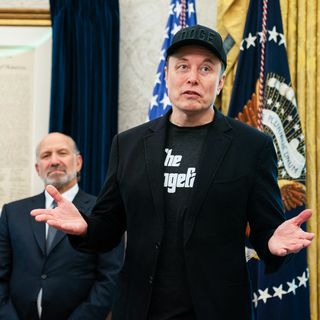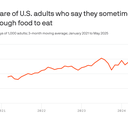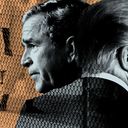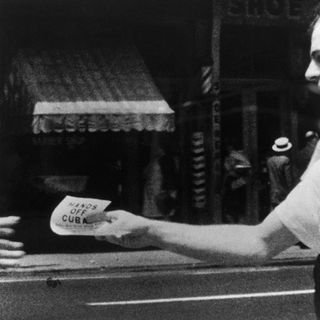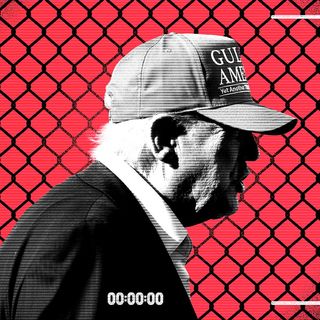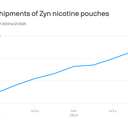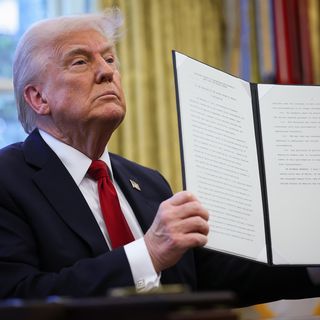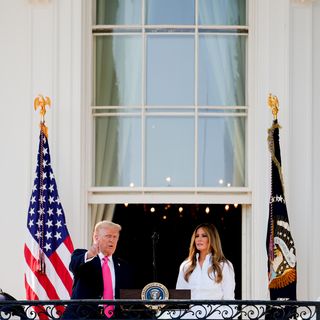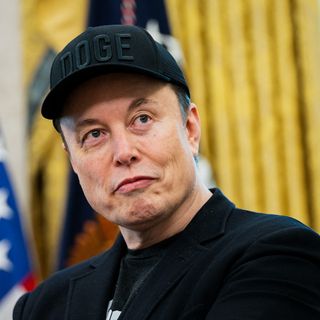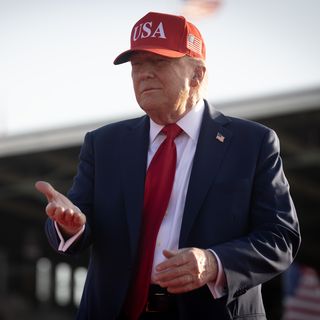Bessent casts some shade over Musk's new political party
Treasury Secretary Scott Bessent said Sunday he imagined that Elon Musk's businesses' boards weren't so keen on the Tesla CEO's unveiling of his new "America Party."
The big picture: The world's richest man — who before his explosive fallout with President Trump said he'd do a lot less political spending moving forward — became a GOP mega-donor last year. Now, the billionaire seems intent on carving a new political path.
- Irate over Trump's recently signed "big, beautiful bill," the former DOGE leader is turning his sights away from what he described as "the two-party (some would say uniparty) system" and plans to form his own party.
Driving the news: Bessent, with whom Musk once had a heated spat in the White House, said on CNN's "State of the Union" Sunday that "the principles of DOGE were very popular" — but Musk was not.
- Musk's massive slashes through the federal government left a bruise on his reputation and his company.
- A March NBC News poll found that 46% of voters thought creating DOGE was a good idea, while 40% said it was bad — but when asked to broadly rate their feelings on DOGE, 47% had a negative view, compared to 41% who held a positive view. And 51% had a negative view of Musk himself.
What he's saying: "I believe that the boards of directors at his various companies wanted him to come back and run those companies, which he is better at than anyone," Bessent told CNN's Dana Bash.
- He continued, "I imagine that those boards of directors did not like this announcement yesterday, and will be encouraging him to focus on his business activities, not his political activities."
Catch up quick: Musk announced on Saturday that he would launch "the America Party," which he claimed would "give you back your freedom."
- Musk said in a response that the party would caucus independently and that "legislative discussions would be had with both parties."
Yes, but: There are steps Musk must take to formally register a political party, and recent Federal Election Commission filings don't show that has yet happened.
What we're watching: The day prior, he shared a poll to his followers asking whether he should create a new political party and suggested part of his strategy would be to "laser-focus on just 2 or 3 Senate seats and 8 to 10 House districts."
- Musk didn't specify what those specific races would be.
- He added, "Given the razor-thin legislative margins, that would be enough to serve as the deciding vote on contentious laws, ensuring that they serve the true will of the people."
Billionaire Mark Cuban and Anthony Scaramucci, who briefly worked in for Trump during his first term, both appeared interested.
- Cuban replied to Musk's post with emojis of fireworks and fire, and wrote in a separate post: "I work with @voterchoice. They will help you get on ballots. That is their mission."
- Scaramucci retweeted Musk and wrote: "I would like to meet to discuss. My DMs are open."
Go deeper: Elon Musk floats strategy for new political party


